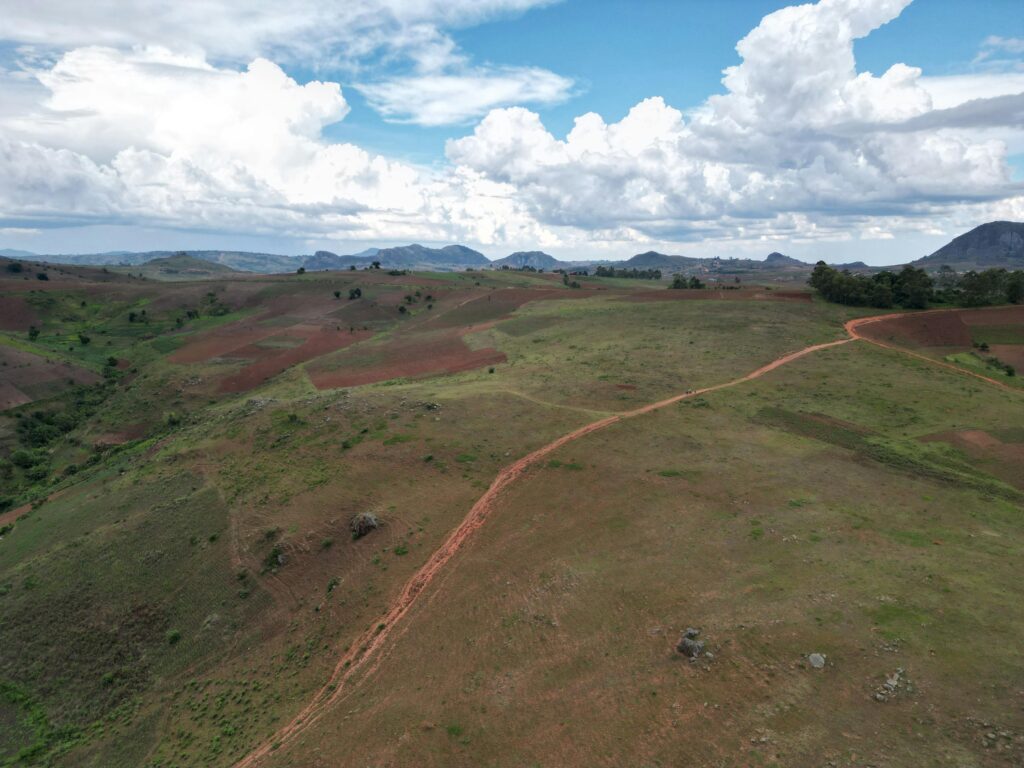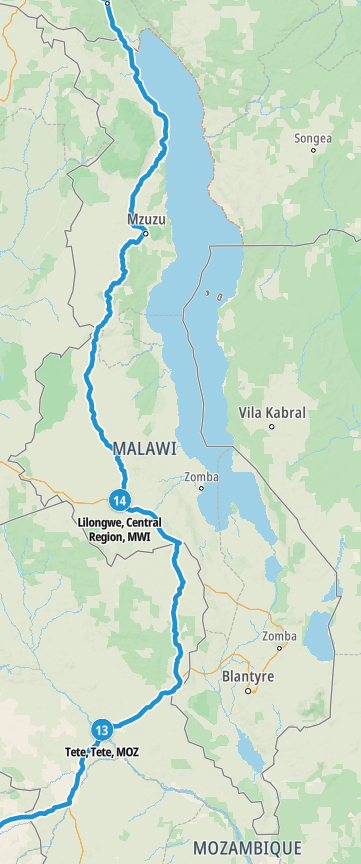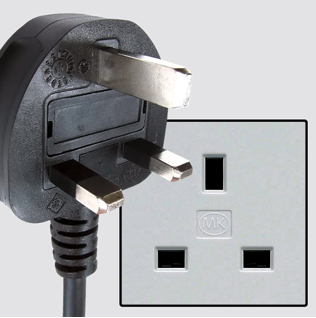Malawi / Dziko la Malaŵi / Charu cha Malaŵi – Let’s explore here

What’s it like in Malawi?
Malawi is a landlocked country in south eastern Africa, and is home to Lake Malawi, which has more species of fish than any other lake in the world. The Great Rift Valley runs throughout the country from north to south, and there are sizeable mountains in the south of the country. The highest point is Sapitwa Peak, in the south of the country, at 9,849 ft (3,002 m) above sea level.
It has a long and interesting history, but remains one of the least developed and poorest countries on the planet. It shares land borders with Mozambique, Tanzania and Zambia.
The population is around 21 million people (2024), about one million of whom live in the capital, Lilongwe. By contrast only around 100,000 people live in the former capital, Zomba. Malawi has a young population, with almost half being under the age of 15 years.

A bit about the history of Malawi
Early History and Indigenous Societies
Malawi has a history that dates back to ancient times. The region was originally inhabited by various ethnic groups, including the Chewa, Tumbuka, Yao and Ngoni, each with distinct languages, cultures and traditions. These communities engaged in agriculture, fishing and trading, particularly along Lake Malawi, which served as an important route for trade.
European Exploration and Missionary Activity
In the 19th century, European explorers, notably David Livingstone, began to explore Malawi’s interior. Livingstone’s travels, beginning in the 1850s, were instrumental in introducing Christianity and European colonial interests to the region. Missionaries arrived shortly after, establishing schools and churches, and their influence grew throughout the century.
British Protectorate and Colonial Rule
In the late 19th century, British interests in southern Africa led to the establishment of a protectorate over the area. In 1891, the British declared the area a British protectorate called Nyasaland, which was part of the larger British colonial holdings in the region. Under colonial rule, the local population was subjected to economic exploitation, forced labour and land dispossession. The British sought to develop the country’s resources, particularly its agricultural potential, but the wealth generated largely benefited European settlers and the British government.
Path to Independence
In the mid 20th century, growing nationalist movements in Africa called for independence from colonial rule. In Nyasaland, the main political force for independence was the Nyasaland African Congress, led by Hastings Kamuzu Banda. Following a series of protests and calls for self rule, the British government agreed to grant Nyasaland independence. In 1964, Nyasaland became the independent Republic of Malawi, with Banda as its first president.
The Banda Era
Malawi’s early years of independence were dominated by the leadership of Hastings Kamuzu Banda. Initially hailed as the country’s liberator, Banda’s government quickly became authoritarian. He declared Malawi a one-party state in 1966 and ruled with an iron fist for nearly 30 years. Banda maintained tight control over the country’s politics, suppressing opposition, curbing civil liberties, and using state resources for personal and party gain. Despite his autocratic rule, Banda’s government was credited with promoting stability, improving education and investing in infrastructure. However, his regime also faced widespread corruption, and human rights abuses were commonplace. Banda’s foreign policy was initially aligned with Western countries, particularly the United States, during the Cold War, but it was also marked by attempts to maintain Malawi’s independence from the influence of both superpowers.
The 1990s: Transition to Multi-Party Democracy
By the late 1980s, the political and economic environment in Malawi began to change. Amid growing pressure from civil society, trade unions and international organisations, Banda was forced to allow a referendum on multi party democracy in 1993. In the 1994 elections, the country transitioned to a multi party system, and Banda, now seen as increasingly out of touch with the people, was defeated in the first truly democratic election. This marked the end of his nearly 30 year rule.
The Muluzi Presidency
In the 1994 elections, Bakili Muluzi, the candidate of the United Democratic Front, was elected president. Muluzi’s presidency marked a shift away from the highly centralised, authoritarian rule of Banda. Under Muluzi, Malawi made efforts to introduce economic reforms, increase private sector involvement, and establish a more democratic political system. However, Muluzi’s time in office was also marked by rising corruption, economic difficulties and a growing sense of dissatisfaction with his leadership, particularly after he sought a controversial third term in 2004.
The Bingu wa Mutharika Era
In 2004, Bingu wa Mutharika, a former ally of Muluzi, won the presidency under the banner of the Democratic Progressive Party (DPP). Mutharika initially made efforts to reform the economy, attracting foreign investment and securing significant aid commitments. However, relations with international donors soured due to concerns about governance and corruption. Despite economic progress in the early years, Malawi’s political environment remained volatile, with Mutharika consolidating power and becoming increasingly authoritarian in his later years. Mutharika’s government was also marked by significant social unrest, especially in response to rising fuel prices and economic hardships. His sudden death in 2012 led to the elevation of his vice president, Joyce Banda, to the presidency.
The Joyce Banda Presidency
Joyce Banda became the first female president of Malawi after Mutharika’s death. Her presidency focused on efforts to restore relations with international donors, promote economic recovery, and improve governance. Banda’s government made some progress in addressing corruption and improving women’s rights, but her time in office was also marked by economic challenges, including inflation and a shortage of foreign exchange. In 2014, Joyce Banda failed to secure re-election, and Peter Mutharika, the brother of the late president, won the presidency, marking a return of the DPP to power.
The Peter Mutharika Presidency
Peter Mutharika assumed office in 2014, facing a range of challenges, including corruption, unemployment and an economy heavily reliant on aid. His government was criticised for its handling of the economy, and it faced protests and opposition calls for reform. Mutharika’s second term was marred by accusations of electoral fraud in the 2019 elections, with opposition parties alleging widespread irregularities. In 2020, the country’s Constitutional Court annulled the 2019 election results, citing irregularities and flaws in the electoral process. This ruling led to a re-run of the election in June 2020, which saw opposition leader Lazarus Chakwera win the presidency.
The Lazarus Chakwera Presidency
Lazarus Chakwera, leader of the Malawi Congress Party, was sworn in as president in June 2020 following a historic court ruling. Chakwera’s victory represented a shift towards greater transparency and political reform. His administration faced immediate challenges, including managing the COVID-19 pandemic, addressing economic difficulties and tackling corruption. Chakwera’s government has focused on efforts to revitalise Malawi’s economy, combat corruption and improve public services. However, challenges such as unemployment, poverty and reliance on foreign aid remain significant. Chakwera has also faced criticism for his handling of the economy, especially in the wake of the global economic downturn caused by the pandemic.
Looking Ahead to 2025
As of 2025, Malawi continues to confront a range of challenges, including high levels of poverty, unemployment and political division. Efforts to combat corruption, improve education and healthcare, and promote sustainable economic growth are ongoing. The government’s ability to foster political stability, ensure fair elections, and navigate the country’s dependence on foreign aid will be crucial in shaping Malawi’s future.

Malawi road trip
Our Malawian road trip is part of a much larger African road trip.
Map of our road trip through Malawi

Our current planned road trip in Malawi takes us from Mozambique through to the capital, Lilongwe, before heading north of the country to Lake Malawi and Nyika national park, and then moving onto Tanzania.
Hopefully our journey will improve our knowledge of this intriguing and beautiful country, and enable us to meet some interesting people. We’ll be updating this page at that time – don’t forget to check back 🙂
What’s it like to drive in Malawi?
They drive on the left hand side of the road in Malawi. In the main, roads are better than average, with many being surfaced, although many are dirt tracks. Driving standards are poor however.
Do you require an international driving permit in Malawi?
We’ve created a dedicated page to driving abroad, which answers this question, and more, which you might find helpful.
Can you use your UK driving license when driving through Malawi?
We’ve created a dedicated page to driving abroad, which answers this question, and more, which you might find helpful.
Do I need a carnet de passages to drive in Malawi?
A Carnet de Passages is required to overland in Malawi. We’ve created a dedicated page to driving abroad, which answers this question, and more, which you might find helpful.
What currency do they use in Malawi?
In Malawi they use the Malawian kwacha. Cash is widely used. The use of credit / debit cards becoming more widely accepted outside of the capital, Lilongwe. Travellers cheques are not readily accepted. There are some ATMs in cities throughout the country.
You should make yourself aware of the amount that your bank charges you for using credit and debit cards abroad. Often credit cards are cheaper for purchasing items directly, and for withdrawing cash from ATMs.
What language do they speak in Malawi?
They mainly speak Chichewa in Malawi, although English is the official language, and is thus also widely spoken.
What time zone is Malawi in?
Remember, when you’re planning your next trip to take a look at what time zone it’s in.
Do I need a visa to visit Malawi?
We’ve created a dedicated, more comprehensive page on visas, which you should find helpful. Check it out!
Is wild camping legal in Malawi?
Yes, wild camping is fine in Malawi.
What plug / socket type do they use in Malawi?

In Malawi they use plug / socket type G.
Health issues in Malawi
Malawi has a high prevalence of HIV among people aged 15 to 49, at 9.6% of the population (2017).
Is it safe to drink water in Malawi?
No, it is not safe to drink tap water in Malawi. Bottled water is readily available throughout the country.
What vaccinations are required for Malawi?
This NHS website is kept up to date with all relevant information on vaccinations in Malawi.
Phones in Malawi
What is the country calling code for Malawi?
The country calling code for Malawi is +265
What are the emergency phone numbers in Malawi?
- The emergency number for police in Malawi is: 997 / 990
- In Malawi, the emergency number for ambulance is: 998
- The emergency number for fire in Malawi is: 999
If you’ve got some useful info that you’d like to share, let us know!
And don’t forget to check out all the other pictures!
